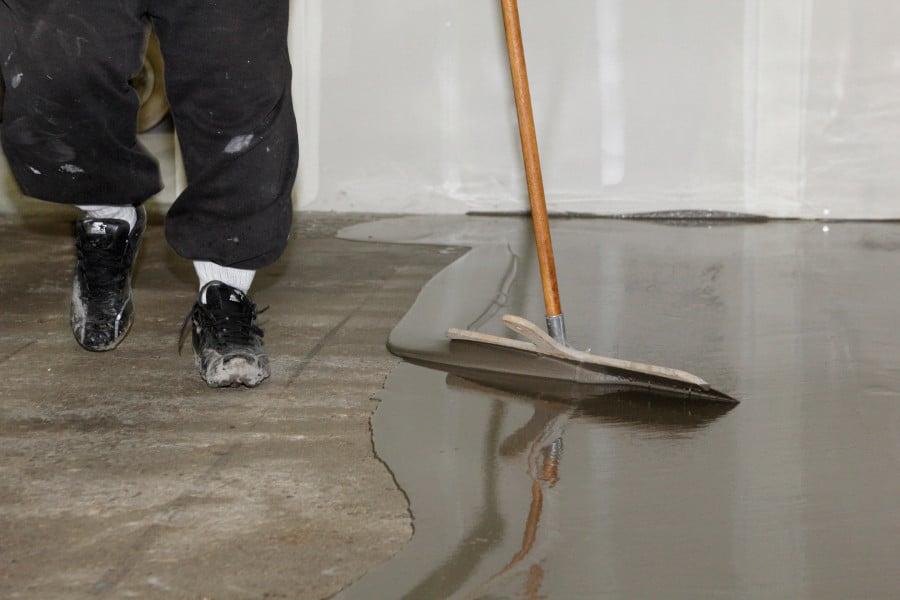Epoxy self leveling
Epoxy self-leveling floors can provide the ultimate in food-safe flooring. They meet HACCP requirements and deliver outstanding levels of durability, hygiene, safety and longevity. Their seamless, impermeable surface provides a protective barrier against all types of contaminants and can be cleaned easily to ensure the highest standards of hygiene and food safety.
Epoxy self-leveling is a resin compound made up of two or three components, depending on the application. Coatings come in a variety of options including self-levelling compounds, roll on and epoxy screed — all of which provide a seamless and totally impermeable surface. Epoxy also allows seamless coving between walls and floors, which enables even greater protection from the possibility of food contamination from an accumulation of bacteria, mould, dirt and dust.
Another benefit is that epoxies can be blended with aggregates such as marble or silica to create a textured slip- and skid-resistant surface. This can be a particular advantage in wet environments.
100% solid epoxy resin floors are a good choice because they provide strong resistance to thermal and mechanical shock, plus they can withstand frequent rigorous cleaning regimes, such as high-pressure hosing with hot water and aggressive, corrosive cleaning products. These solid floors are also a good option in facilities where highly acidic products are processed (eg, citrus fruits).
These are some examples where epoxy flooring is typically used:
Bottling and canning operations
Meat, poultry and seafood processing
Dry food processing plants
Cold storage and freezer rooms
Fresh produce processing facilities
Distilleries, wineries, cideries and breweries
